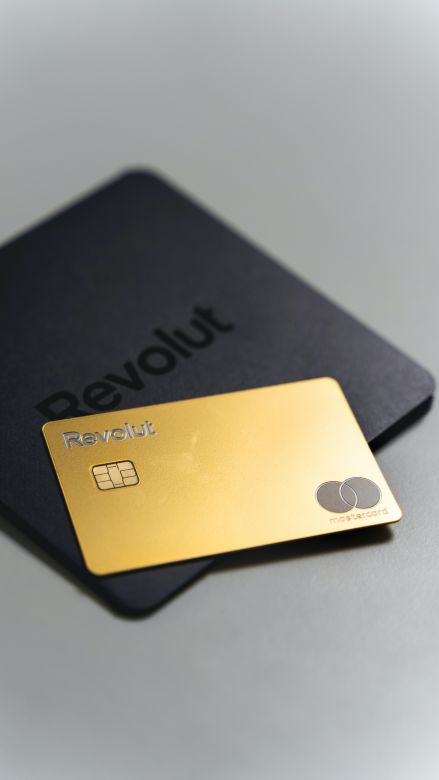RFID technology is a growing trend in retail, and for good reason. RFID tags are small, tag-like devices that can be read by radio waves. By reading the tag, retailers can identify specific items in their inventory and track its whereabouts throughout the store. This technology has a number of benefits for retailers, including reduced theft, faster checkout times, and improved inventory management.
In this blog post, we’ll explore the benefits of using RFID Technology Applications in retail and answer some questions you may have about this technology. So what are you waiting for? Start using RFID tags in your store today to achieve all these amazing benefits!
Introduction to RFID
It’s important to understand the basics of RFID before implementing it into your business. This technology uses radio waves to track and identify objects, making it a valuable tool in retail. There are many benefits to using RFID in retail, such as increased efficiency and accuracy. Additionally, RFID can be used in a variety of ways, including tracking inventory and making payments. So, if you’re looking to make your retail business run more smoothly, understanding RFID is a must!
What are the benefits of using RFID tags in retail?
Retail is a thriving industry that continues to grow at a rapid pace. One of the major reasons for this is the use of RFID tags in retail. RFID tags are small chips that contain identification information, and they are used in a variety of applications such as tracking inventory, optimizing storage space, and providing customer-facing information such as product information and ordering processes. All of these benefits can help retail businesses in a number of ways, making it an essential technology in the industry.

How to use RFID tags in retail?
Retail is a constantly-changing industry, and the use of RFID tags is changing with it. Tags are used in retail to speed up the checkout process and reduce errors. By scanning a tag, you can quickly inventory items and avoid lineups at the register. Additionally, RFID tags help store managers keep track of stock levels and ensure that products are not over- or under-ordered.
As RFID technology continues to evolve, so too does the way in which these tags are used in retail. So, whether you’re a retailer looking to improve your checkout process or a customer looking for ways to speed up your experience, RFID tags are here to help.
Inventory tracking
Inventory tracking is an essential part of running a business. It allows for real-time tracking of sales transactions, which can be used to analyze and optimize operations. RFID tags are becoming increasingly popular as they offer many benefits over traditional methods of inventory management. These include faster data collection, improved accuracy in stock estimation, and simplified order fulfillment processes.
Store operations
Retailers who are looking to improve their store operations should consider using RFID tags. RFID technology is used in a number of different ways in the retail industry, including inventory tracking and customer identification. By inserting RFID tags into products, stores can keep track of stock levels and sales figures. This helps to prevent theft and also provides retailers with valuable data about customer preferences.
In addition to inventory management, RFID tags can be used for other purposes such as marketing: letting customers know about special offers or product launches early on, for example. It also allows retailers to learn more about customer behaviour in order to better serve them (for example by detecting which items are being re-sold most often). And last but not least – it helps secure retail premises against crime by identifying who has access to specific products!

Customer experience
Retailers who want to stay ahead of the curve in today’s competitive market need to focus on customer experience. One way in which RFID technology can help is by tracking promotions and discounts, as well as inventory levels. This will help retailers customer service by reducing lost or stolen merchandise, while also improving the overall shopping experience for customers.
RFID technology can also be used to scan items as they are leaving the store- this reduces theft rates and makes it easier for customers check out quickly and peacefully. Overall, RFID has a number of benefits that retail businesses should take advantage of if they want to see success in this ever-changing industry!
Conclusion
RFID technology has revolutionized the way in which we shop. By using RFID tags in retail, businesses can track inventory and optimize supply chain processes. Additionally, RFID tags can be used to identify and authenticate customers. As such, businesses can improve customer experience and gain insights into customer behavior. If you’re interested in learning more about the benefits of RFID technology in retail, be sure to check out our blog!
